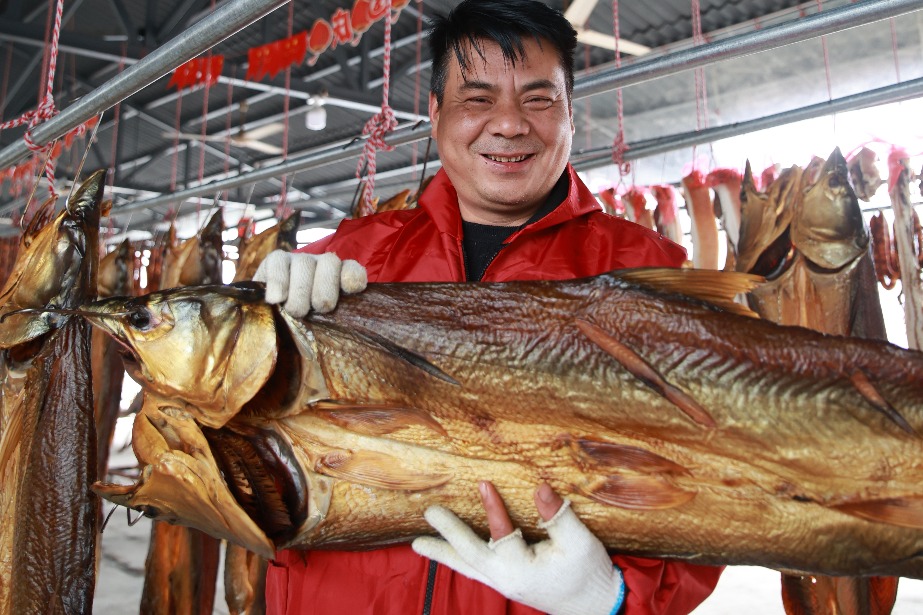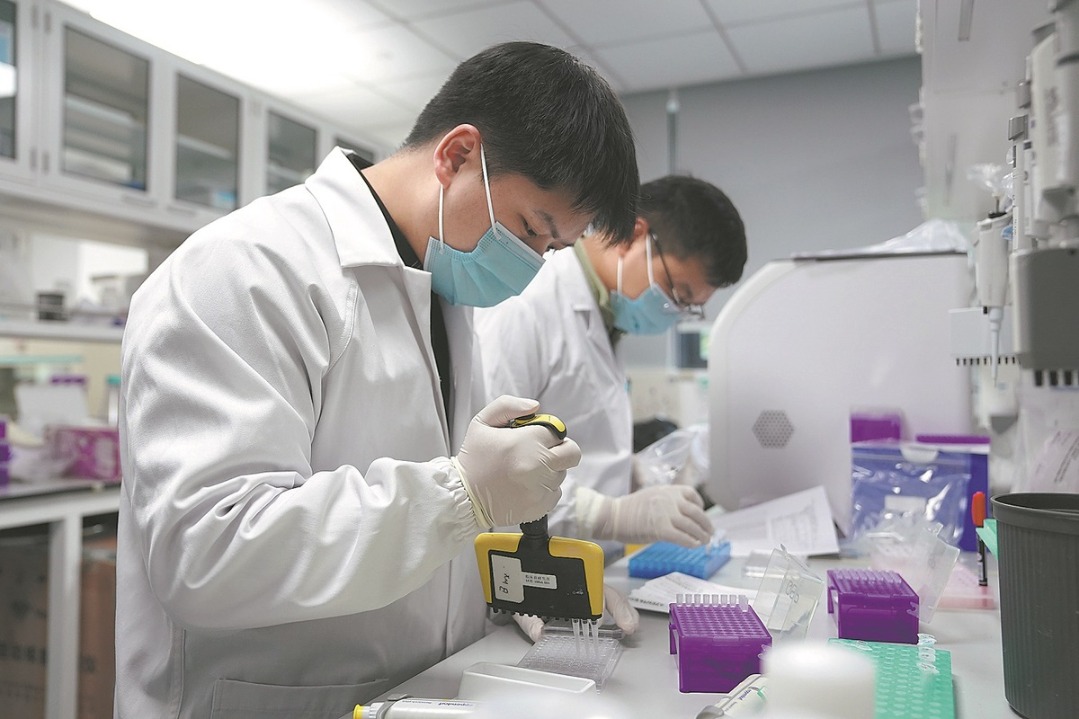Vaccine shipment 'would present greatest-ever challenge'


The head of the International Air Transport Association, also known as IATA, has warned that the shipment of any potential vaccine for novel coronavirus around the world would present the "largest transport challenge ever" to carriers.
Currently there is no vaccine, although around 140 are being developed worldwide, with more than 20 currently at the trials stage.
But contingency plans are already being drawn up in advance of any significant breakthrough, and the size of the task, even to take just one dose to each member of the world's population, estimated at 7.8 billion people, has become apparent.
"Safely delivering COVID-19 vaccines will be the mission of the century for the global air cargo industry," said IATA Chief Executive Alexandre de Juniac. "But it won't happen without careful advance planning. And the time for that is now."
It is estimated that, just for capacity purposes, around 8,000 Boeing 747s would be needed, but it is not simply a matter of space, as transporting something as specialized as vaccine to so many different areas and climates, would also present huge technical challenges.
Globally, buildings may need to be requisitioned and repurposed for vaccine storage, and there would also need to be sufficient members of suitably trained staff for the vaccine to be handled correctly.
The typical temperature range for transporting drugs is between 2 C and 8 C, and in some areas it may be necessary for vaccines to be sent in a frozen state, further reducing the number of planes suitable for the job.
Some regions lack the technical facilities to produce their own vaccines, so would need to have them delivered from outside, and the IATA said widespread delivery of vaccines across Africa would be impossible, due to the size of the territory, difficulties regarding border crossings, and the lack of adequate cargo handling capability.
"We urge governments to take the lead in facilitating cooperation across the logistics chain so that the facilities, security arrangements and border processes are ready for the mammoth and complex task ahead," de Juniac said.
"We know the procedures well," added Glyn Hughes, head of cargo at the IATA. "What we need to do is scale them up to the magnitude that will be required."
The red tape side of delivery would also need streamlining. Flying and landing permits would need organizing with flight patterns possibly being altered, flight crews would have to be given exemption from quarantine to avoid disrupting supply chains, and other bureaucratic issues would have to be addressed for any future vaccination program to be effective.
Even if half the distribution could be done on land, de Juniac said, the challenge for the air cargo industry would still be greater than anything seen before.
"In planning their vaccine programs, particularly in the developing world, governments must take very careful consideration of the limited air cargo capacity that is available at the moment," he continued.
"If borders remain closed, travel curtailed, fleets grounded and employees furloughed, the capacity to deliver life-saving vaccines will be very much compromised."
- Dazzling Guangzhou lantern display begins countdown to Spring Festival
- Huizhou takes major step forward as petrochemical hotspot
- Beijing's Shunyi district cracks down on crimes related to public welfare
- Hunan's smoked fish and meat arrive in time for Spring Festival
- International arrivals to Guizhou skyrocket after visa-free policies
- Hubei deputy proposes museum of ancient Chinese law at Qin bamboo slip site




































